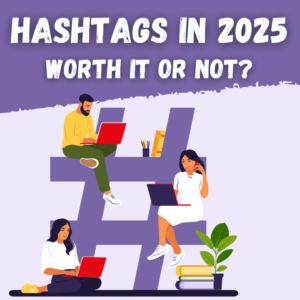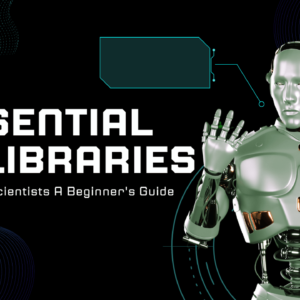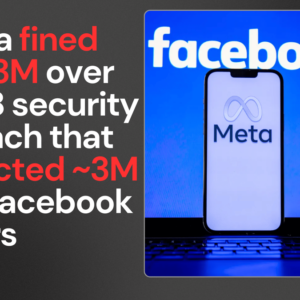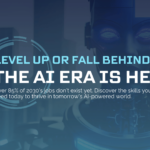Hey there, aspiring React developer! 🌟 If you’re looking to land a job in the tech industry, you’re in luck—React developers are in high demand. With its growing popularity, mastering React can open doors to exciting career opportunities. But before you step into that interview room, it’s essential to prepare effectively. Let’s dive into some valuable insights and strategies to help you crack your React interview!
Understanding the Basics
First things first, let’s cover the fundamental concepts of React that every candidate should know:
- Components and Props: Understand how components are the building blocks of a React application. Props allow you to pass data from parent to child components.
- State and Lifecycle: Know how state is used to manage data within components and how lifecycle methods (or hooks) can control component behavior over time.
- Hooks: Familiarize yourself with hooks like
useStateanduseEffect. These allow you to manage state and side effects in functional components. - JSX and Virtual DOM: Be able to explain what JSX is and how it translates to JavaScript. Also, understand the concept of the Virtual DOM and its role in optimizing rendering performance.
Common Interview Questions
Now, let’s tackle some frequently asked React interview questions. Here are a few examples along with sample answers:
- What are the differences between class and functional components?
- Answer: Class components are ES6 classes that extend
React.Component, while functional components are simpler functions. Functional components can use hooks for state and lifecycle management, making them more concise and easier to read.
- Answer: Class components are ES6 classes that extend
- How do you manage state in a React application?
- Answer: State can be managed using the
useStatehook in functional components orthis.statein class components. For more complex applications, you might consider using context or state management libraries like Redux.
- Answer: State can be managed using the
- What is the significance of keys in lists?
- Answer: Keys help React identify which items have changed, been added, or removed. They should be unique among siblings to optimize rendering performance and maintain component state correctly.
Hands-on Coding Challenges
Practicing coding challenges is crucial for reinforcing your knowledge. Here are some platforms where you can hone your skills:
- LeetCode: Focus on problems that involve arrays, strings, or algorithms related to manipulating data structures.
- HackerRank: Look for challenges specifically tagged with React or JavaScript to get familiar with common patterns you’ll encounter during interviews.
Building a Portfolio
Having a strong portfolio can set you apart from other candidates. Here are some tips for creating one:
- Showcase Your Projects: Include personal projects that demonstrate your skills with React. This could be anything from a simple todo app to a more complex e-commerce site.
- Contribute to Open Source: Engaging with open-source projects not only enhances your skills but also showcases your ability to collaborate with others.
- Freelance Work: If you’ve done any freelance projects, include them as well. Real-world experience speaks volumes!

Soft Skills Matter
Don’t underestimate the importance of soft skills during interviews! Here’s how you can demonstrate them:
- Communication: Practice explaining your thought process clearly while solving problems. This shows interviewers that you can articulate complex ideas effectively.
- Problem-Solving: Share examples of challenges you’ve faced in past projects and how you overcame them.
- Teamwork: Highlight experiences where you’ve worked collaboratively with others, whether in school projects or professional settings.
Mock Interviews
Conducting mock interviews can significantly boost your confidence. Here’s how:
- Peer Practice: Team up with friends or colleagues who are also preparing for interviews. Take turns asking each other questions.
- Online Platforms: Use platforms like Pramp for free mock interviews with peers. This gives you real-time feedback and helps simulate the interview experience.
Staying Updated
The tech world is always evolving, so it’s vital to stay current with React updates and community trends:
- Follow reputable blogs like React Official Documentation for the latest features and best practices.
- Engage in forums like Reddit or Stack Overflow where developers discuss new developments and share insights.
Conclusion
Cracking a React interview requires preparation, practice, and a willingness to learn continuously. Remember, it’s not just about technical skills; soft skills play an essential role too! With dedication and the right strategies, you’ll be well on your way to landing that dream job as a React developer.Good luck on your journey! You’ve got this! 🚀












